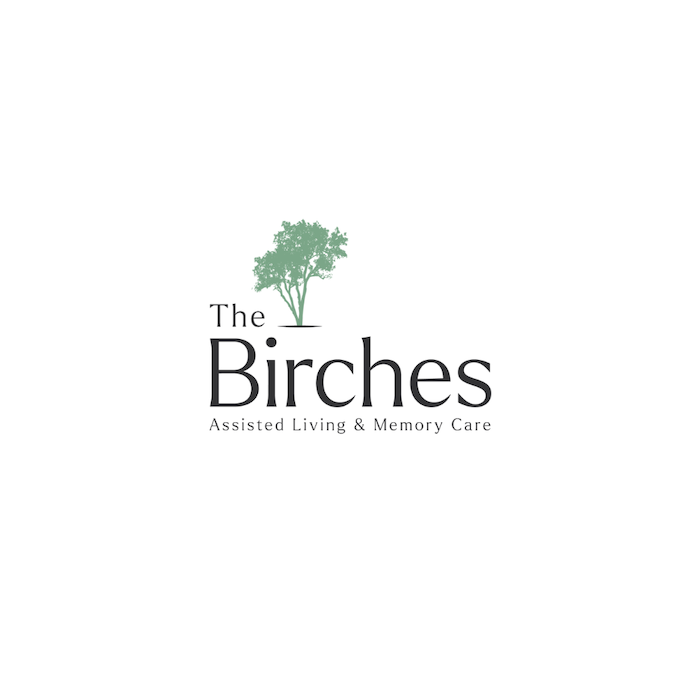Several weeks ago, I was asked to lead a discussion entitled “Making End-of-Life Decisions.”
I had recently learned from my pulmonologist that I was in the end stages of my illness and had been very intentional in making some decisions and sharing them with my children, certain relatives and friends, and the Birches’ staff. My first reaction to leading the group, however, was the fear that no one would come.
After all, who really wants to talk about this time in their lives? I did eventually agree to leading the group though because we wanted to emphasize the personal aspects of making these decisions. I was to share my story and then we’d open up for discussion.
We met as part of an on-going group we have here called “Resilience.” I was overjoyed as people began arriving and we needed to add more chairs! After explaining our purpose—to encourage everyone to think seriously about this time and share it with their family—I began my own personal journey.
Summarizing that journey here it would look like this:
In 2008 I was diagnosed with Sarcoidosis which affects the lungs and can affect other parts of the body as well. I maintained a fairly active lifestyle at this time after being given a prescription for a small daily amount of a steroid.
In February of 2016 my pulmonologist discovered I also had Pulmonary Fibrosis. I’d never heard of either of these diseases and quickly read up on them only to discover there were no cures, only medication methods which would slow the progression of the diseases.
Then, in June of 2016, it was determined that I would need to use oxygen 24 hours a day, 7 days a week. It was at this time that my children and best friend looked at Birches Assisted Living and Memory Care with me and decided it would be a good move. It was reassuring to know that now someone would be near to help me if my oxygen failed, unlike living alone in my condo. I moved in October and found my blood pressure soon went down (no more worries of caring for a condo) and I began walking better (thanks to a great physical therapy team)!
I was doing fine until fall of last year and then, after a new chest x-ray in April, my pulmonologist confirmed that I was now at the end stage of this disease. My son questioned, “What does that mean?” We decided to count in months, not years. I could see on the x-ray that only one half of my left lung was functioning. No wonder I had been feeling more and more fatigued and found it difficult to walk without feeling short of breath. (My daughter did decide that there had to be beginning, middle and end stages to an end stage and I was probably in the middle! It’s now been four months so I guess she was right!)
I have always tried to be very open with my children (and my friends and relatives.) Most of my generation had not been told by our parents what their end-of-life wishes were so we were often left saddened and overwhelmed at the same time. I did not want my loved ones to deal with that. So, we continued those conversations.
I already had a Will, but now contacted my lawyer to update it.
I had also filled out a Living Will when I was in my late forties. When the doctor told me I was in the end stage, I also filled out a DNR (Do Not Resuscitate) form. Copies were made for my family and also to be posted (inside a cabinet) in my apartment so EMR persons would know what to do.
Now it was time to also think about a Power of Attorney for Health Decisions and a Power of Attorney for Financial Decisions. I call these “my legal” decisions and called the lawyer again. Then I began thinking about more personal wishes:
1. Did I want to be buried (I already had two plots) or cremated (the current preferred method. My children know my wishes, but ultimately, they may have to change that depending on finances, etc. I will let them decide.)
2. Did I want a wake or just a memorial service? Where would it be—church, funeral parlor or other facility? I have a preference, but will leave that up to them too. My pastor will lead the service where ever it is. We have talked and I know my wishes will be honored.
3. What would the service be like? Favorite hymns, favorite Bible verses, favorite poems or sayings can all be shared.
4. How did I want to be remembered? Writing one’s own obituary is a good exercise in thinking about your life.
5. Many other personal decisions, such as including personal jewelry or religious pieces might also be made. The list is endless and each of us has our own special items. Who gets which piece of furniture, jewelry, special accessory, etc.? Who wants them?
As the discussion began one person mentioned she had told her family these things, but wondered if they should be written down. The answer was, “Yes”, so that some stress could be eliminated from that final time. Everyone was offered a small notebook (4” x 6”) that could be kept near them so wishes could be written as they occurred. I continue to write my thoughts in my own notebook.
Our discussion went on for an hour with people sharing what they had and had not done. Some had gone through the end-of-life period with a spouse. Most had dealt with the death of a parent, but now they had to think about themselves. We didn’t seem to want to end, but it was time.
Since chronic fatigue is one side effect of my illness, I don’t move much off my chair or bed. How do I keep on being resilient? I read a lot, I finished some old knitting projects (and one new one), I work on my computer and love playing games on it. Just recently I began a miniature (8”x 9”) greenhouse model. I wasn’t sure I could do it or would even like it, but I love flowers so decided to try. I love it! I would encourage you to get your wishes on paper (some articles I read reminded us that everyone over 18 needs to make end-of-life issues known). Enjoy yourself too. You still have a life to live!

